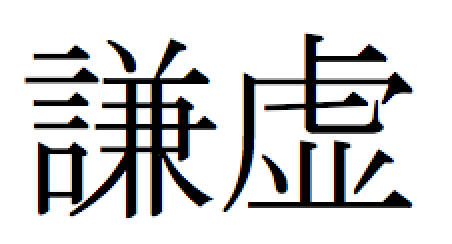Japanese useful word: 大変 (taihen)
The Japanese word “大変” (taihen), made out of the characters for “large” and “change”, and is typically used for two related meanings which I will go over in this post, along with example sentences. The first is to express something is extreme, and can roughly match with english “very” or “terribly”. When using it as an… Read More »



